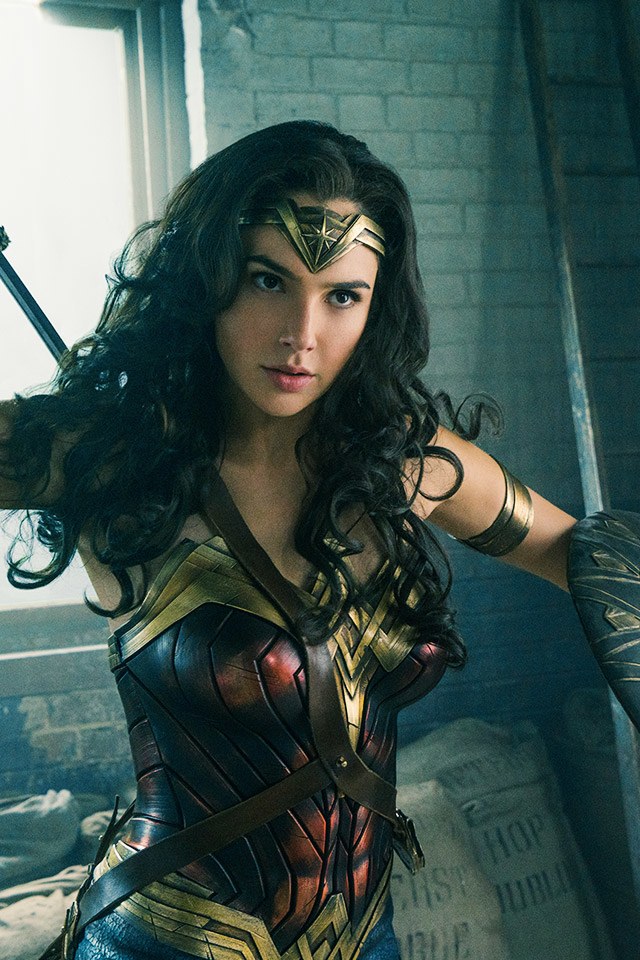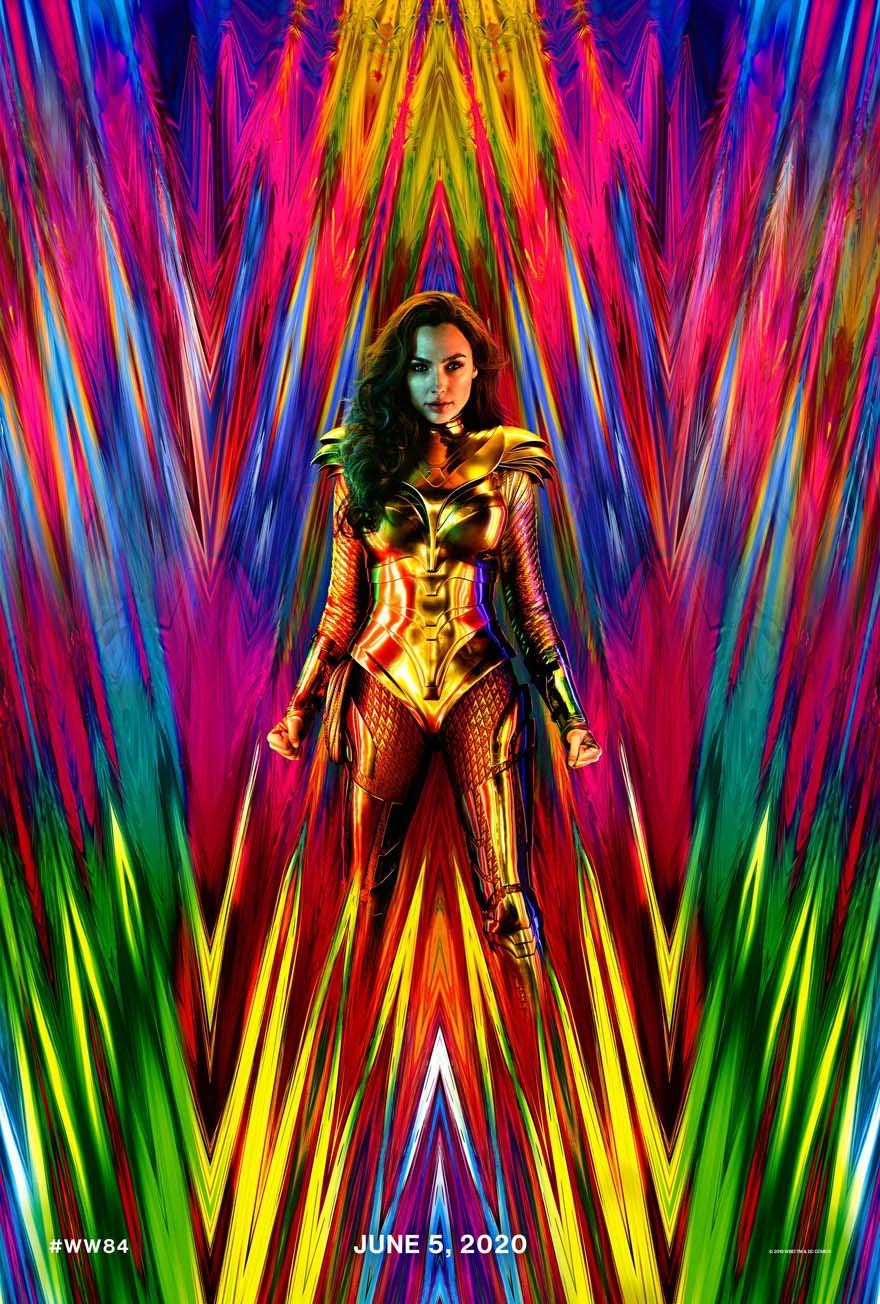| WonderWoman Movie(2017) | Gal Gadot |
|
Development for a live action Wonder Woman feature film began in 1996, with Ivan Reitman attached as producer and possible director. In 1999 the project became attached to Jon Cohen, who adapted Wonder Woman for producer Joel Silver, with the hope that Sandra Bullock would star. By 2001, Todd Alcott was hired to write the screenplay, with Silver Pictures backing the project. At that time, performers such as Mariah Carey and Catherine Zeta-Jones were also rumored to be possible candidates for the role of Wonder Woman. Leonard Goldberg focused on Bullock who said that she was approached for the role. Lucy Lawless, the star of Xena: Warrior Princess, was also under consideration, though she stated that she would have been more interested if Wonder Woman was portrayed as a "flawed hero". The screenplay went through various drafts written by Alcott, Cohen, Becky Johnston, and Philip Levens, and by August 2003, Levens had been replaced by screenwriter Laeta Kalogridis. In March 2005, Warner Bros. and Silver Pictures announced that Joss Whedon would write and direct the film. Early drafts of his screenplay included Steve Trevor as the narrator, a fierce battle between Diana and her mother over Trevor's welfare, and after leaving Themyscira, his need to frequently rescue a Diana rendered helpless by the modern world. Whedon was not able to complete a final version of his screenplay, and left the project in 2007. Although Whedon stated in May 2005 that he would not cast the part of Wonder Woman until he finished the script, Kate Beckinsale was linked to the part. In 2010, Whedon admitted that he did have an actress in mind for the part, stating that "Wonder Woman was basically Angelina Jolie." A day before Whedon's departure from Wonder Woman, Warner Bros. and Silver Pictures purchased a spec script for the film written by Matthew Jennison and Brent Strickland. Set during World War II, the script impressed executives at Silver Pictures. However, Silver stated that he had purchased the script because he did not want the rights reverting; while stating the script had good ideas, Silver did not want the film to be a period piece. By April 2008, Silver hired Jennison and Strickland to write a new script set in contemporary times that would not depict Wonder Woman's origin, but explore Paradise Island's history. In 2010, Warner Bros. stated that a Wonder Woman film was in development, along with films based on DC Comics superheroes the Flash and Aquaman. Both Wonder Woman and Aquaman were still under consideration for solo film subjects as of June 2013. DC Entertainment president Diane Nelson said Wonder Woman "has been, since I started, one of the top three priorities for DC and for Warner Bros. We are still trying right now, but she's tricky." On October 5, 2013, WB chairman and CEO Kevin Tsujihara said he wanted to get Wonder Woman in a film or on TV. Shortly afterward, Paul Feig said he had pitched the studio an idea for Wonder Woman as an action-comedy film. The studio then began to search for female directors to direct the film. While Michelle MacLaren was the studio's initial choice to direct (and while she initially indicated interest), she eventually left the project due to creative differences. In 2015, Patty Jenkins accepted an offer to direct Wonder Woman,based on a screenplay by Allan Heinberg and a story co-written by Heinberg, Zack Snyder, Geoff Johns and Jason Fuchs. Of this version, Gadot stated that, for a long time, people didn't know how to approach the story. When Patty and I had our creative conversations about the character, we realized that Diana can still be a normal woman, one with very high values, but still a woman. She can be sensitive. She is smart and independent and emotional. She can be confused. She can lose her confidence. She can have confidence. She is everything. She has a human heart. This version was conceived of as a prequel to the first live-action, theatrical appearance of Wonder Woman, in the 2016 film, Batman v Superman: Dawn of Justice, placing Wonder Woman in the 1910s and World War I (a decision which differs from her comic book origins as a supporter of the Allies during World War II). As for story development, Jenkins credits the stories by the character's creator William Moulton Marston in the 1940s and George Perez's seminal stories in the 1980s in which he modernized the character. In addition, it follows some aspects of DC Comics' origin changes in The New 52 reboot, where Diana is the daughter of Zeus. Jenkins cited Richard Donner's Superman as an inspiration. |

|
